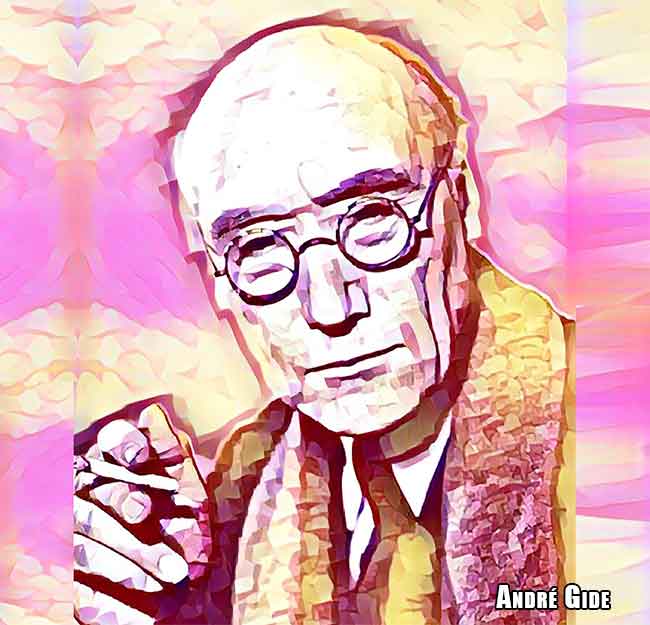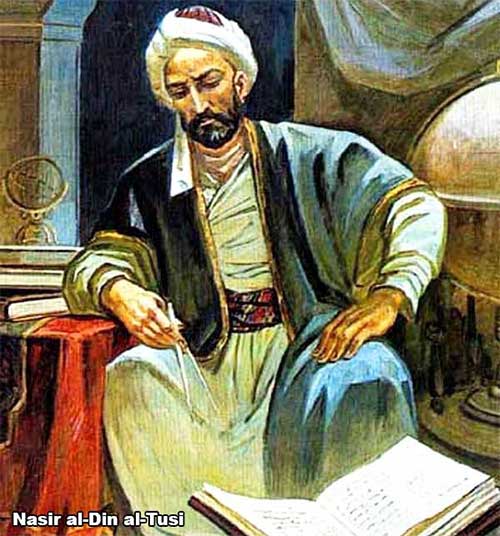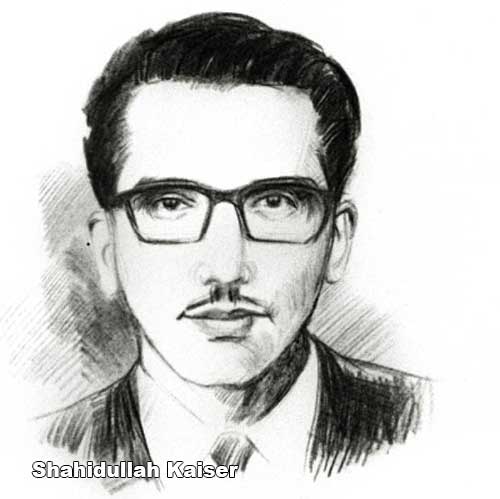
André Gide, one of the most influential literary figures of the 20th century, left an indelible mark on literature and thought. A Nobel laureate in Literature, his works delve into personal freedom, moral struggle, and human authenticity. Gide shaped modern literature through his innovative storytelling and philosophical insights, making his contributions timeless. This article explores the life, achievements, and enduring legacy of André Gide, a pioneer whose ideas continue to inspire readers worldwide.

The Early Life of André Gide
Born on November 22, 1869, in Paris, France, André Gide was raised in an intellectually stimulating environment. His father was a professor of law, and his mother came from a Calvinist family, which greatly influenced his upbringing. Gide's early exposure to strict religious doctrines created a moral framework he would later question and challenge in his writings.
As a child, Gide demonstrated a keen interest in literature. He studied at the Lycée Henri-IV in Paris, where he honed his literary skills. The Symbolist movement deeply influenced his early works, focusing on subjectivity and imagination.
Gide's Transition to Modernism
Gide’s early writings mirrored the traditional style of the 19th century, but his transition to modernism marked a turning point in his career. In his pivotal work The Immoralist (1902), he explored themes of self-discovery and individualism. The novel recounts the journey of a man who rejects societal norms to embrace his true desires, challenging readers to question their moral frameworks.
This bold exploration of identity and freedom resonated with audiences and critics alike. Gide’s works often pushed boundaries, urging readers to confront uncomfortable truths about human nature and societal conventions.
Major Works and Themes
Gide’s literary portfolio includes novels, essays, plays, and memoirs, each reflecting his quest for authenticity. Some of his most celebrated works include:
The Immoralist: A story of liberation and self-awareness, this novel explores the tension between personal desires and societal expectations.
Strait Is the Gate: A poignant tale of love and sacrifice, this work highlights the struggles between faith and human emotions.
The Counterfeiters: Often regarded as his magnum opus, this novel broke from traditional narrative structures, incorporating multiple perspectives and metafictional elements.
If It Die...: Gide’s autobiography reveals intimate details about his life and offers insights into his thoughts and struggles.
Recurring themes in Gide's works include individual freedom, the conflict between duty and desire, and the rejection of hypocrisy. His exploration of these topics paved the way for existentialist writers like Jean-Paul Sartre and Albert Camus.
Winning the Nobel Prize in Literature
In 1947, André Gide was awarded the Nobel Prize in Literature for his "comprehensive and artistically significant writings, in which human problems and conditions have been presented with fearless love of truth and keen psychological insight."
This recognition cemented his status as a literary giant. Gide’s unflinching honesty and innovative style were celebrated globally, and his influence extended far beyond the literary world.
Gide’s Role as a Social Critic
Gide was not only a novelist but also a vocal social critic. His travels to Africa and the Soviet Union deeply influenced his worldview. In his book Travel to the Congo (1927), he criticized the exploitation and suffering caused by colonialism, sparking debates on the ethics of imperialism.
Although he initially supported communism, Gide became disillusioned with the Soviet regime after witnessing its oppressive practices. His book Return from the USSR (1936) detailed his disappointment and reaffirmed his commitment to personal freedom.
Personal Life and Its Influence on His Writing
Gide’s personal life was as complex as his characters. He openly identified as bisexual, a bold declaration in an era when such topics were taboo. His relationships and struggles with societal expectations profoundly influenced his writings, making them deeply personal and relatable.
Gide provided a voice for those marginalized by conventional norms by addressing love, desire, and identity themes. His openness about his sexuality was groundbreaking, inspiring future generations to embrace authenticity.
André Gide’s Enduring Legacy
Gide’s impact on literature and thought remains significant. His works continue to be studied for their psychological depth and moral complexities. Through his bold narratives, Gide challenged readers to question societal norms and embrace individuality.
Moreover, Gide’s influence extended beyond literature. His ideas inspired artists, philosophers, and thinkers across various disciplines. His advocacy for freedom, honesty, and creativity resonates with modern audiences, making his works timeless.
The Modern Relevance of Gide’s Ideas
In today’s fast-paced world, where conformity often overshadows individuality, Gide’s message of authenticity is more relevant than ever. His emphasis on personal freedom and self-discovery aligns with contemporary movements advocating mental health awareness and LGBTQ+ rights.
Furthermore, Gide’s critique of colonialism and authoritarianism echoes current social justice and human rights discussions. His writings remind us of the importance of questioning established norms and seeking truth.
Literary Influence and Comparisons
Gide’s influence on modern literature cannot be overstated. Writers like Marcel Proust and Virginia Woolf admired his innovative narrative techniques. Similarly, his exploration of existential themes paralleled the works of Sartre and Camus.
Interestingly, Gide’s contributions to literature share similarities with the groundbreaking achievements of figures like Bill Gates The Visionary Behind Microsoft and Global Philanthropist. Just as Gates revolutionized technology and philanthropy, Gide transformed literature and societal thought, leaving a legacy of progress and innovation.
Celebrating André Gide’s Contribution to Literature
André Gide’s life and work are a testament to the power of literature in shaping minds and societies. His fearless exploration of human nature and moral dilemmas encourages readers to embrace complexity and authenticity.
As we reflect on Gide’s legacy, it’s essential to celebrate his courage in challenging societal norms and inspiring change. His works continue to captivate and educate, proving that literature is a timeless tool for understanding the human condition.
André Gide remains a towering figure in modern literature, celebrated for his honesty, innovation, and profound insights into human nature. His works inspire readers to question, reflect, and grow, making his legacy enduring and relevant.
Through his life and writings, Gide exemplified the transformative power of literature, reminding us that authenticity and creativity are the keys to progress. As we honor his contributions, we also reaffirm the importance of individual freedom and the pursuit of truth in all aspects of life.



